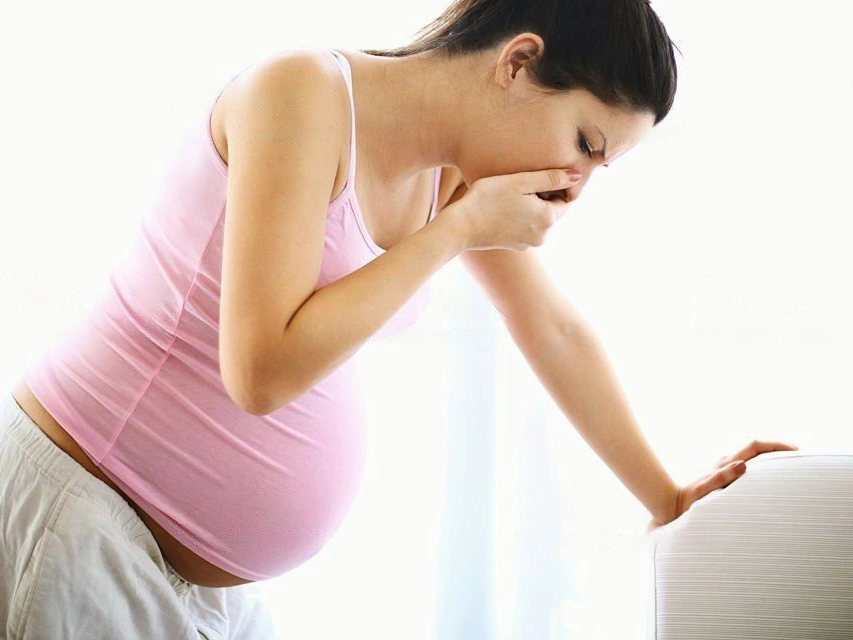Nausea and vomiting are prevalent symptoms during pregnancy. It usually refers to morning sickness, but nausea and vomiting can occur any time of the day – morning, afternoon, or night. It can make you feel uncomfortable and, if it’s severe, can seriously impact your daily life. The good news is that symptoms can subside as the pregnancy advances. But some unlucky pregnant women will deal with this symptom till their pregnancy ends.
Though one cannot get rid of these pregnancy symptoms, experts say that if a pregnant mother takes a few steps can get relief from vomiting through home remedies and prescribed medicines.
In some cases, pregnant women have severe morning sickness, leading to vomiting several times a day, losing weight, and dehydration. This condition is known as “hyperemesis gravidarum.”
The HG mostly affects the first pregnancy of a woman. Unfortunately, if you have HG in your first pregnancy, you may also have it in your future pregnancies.
What Causes Nausea And Vomiting?
The exact cause of nausea and vomiting during pregnancy is unknown. Around 80% of pregnant women will experience nausea and vomiting. At the same time, some women may have this sickness due to family history. Though the causes are unknown, experts say nausea and vomiting are connected to hormonal changes during pregnancy. Women with high Human Chorionic Gonadotropin (HCG) deal with nausea and vomiting.
Other factors that can increase the chances of having severe morning sickness during pregnancy include:
- Carrying multiples (twins, triplets, etc.)
- Having morning sickness in a previous pregnancy
- Migraine headaches with nausea or vomiting
- Sickness running in families Inflammation
Side effects of vomiting during pregnancy
Only 3 in 100 pregnant women experience major complications. If the women develop hyperemesis gravidarum, they will have severe vomiting, leading to dehydration or decreased urination. If a woman cannot maintain the fluid level, she may be required to be hospitalized and given IV (intravenous fluids).
This condition may also worsen by leading to B-vitamin deficiency liver damage and affecting the baby’s development. So, it’s essential to discuss your health condition with your doctor.

What to do & How to Cope?
If you have nausea or vomiting, don’t feel you need to deal with it throughout your pregnancy. You need to try different strategies and find one that works for you. However, you need not be concerned about your health condition until you experience severe symptoms.
Mild nausea and vomiting symptoms will not impact your life quality. Experts suggest you follow a few methods to ease these symptoms. Such as –
- Eat well-balanced diet
- Make sure to have small meals frequently throughout the day
- Sipping on water or ginger ale
- Avoid overeating at a time
- Prevent moving around on your empty stomach
- Avoid triggers, like solid odors, certain foods that create aversions
- Always stay hydrated
- Must take prenatal vitamins
- Acupressure may be helpful
Bottom line
Besides vomiting multiple times a day, consult your doctor immediately if you have other symptoms like dizziness or cannot keep liquids down. And, if you have any other concerns, make sure to talk to your health care provider.








